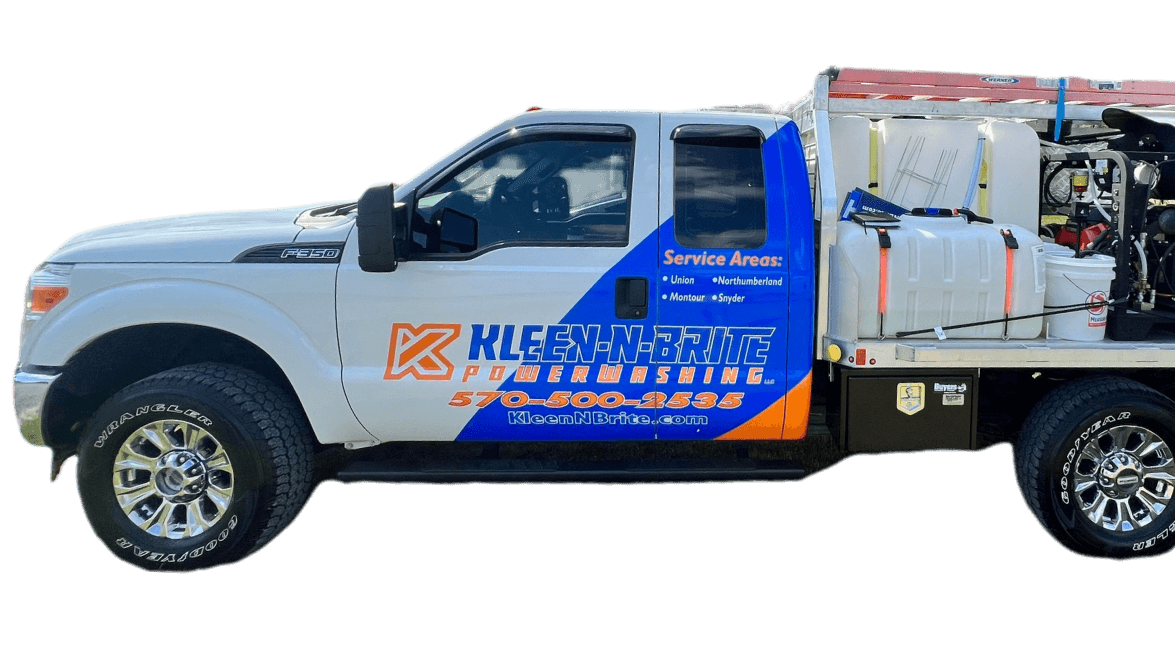Driveway Washing Tips
Driveway Washing is a great way to clean your driveway and limit the growth of mildew, mold, and weeds. Be sure to cover doors, windows, and other sensitive areas with plastic sheets before starting the pressure washing process.
Using a high-pressure sprayer can damage or break down sealant on concrete and brick. To prevent this, use an absorbing product like clay-based kitty litter. Read on to learn more.
Tire Marks
Tire marks are one of the most common driveway stains and can be difficult to remove without the right cleaning products. These unsightly black streaks are caused by the rubber polymer components in a vehicle’s tire heating up and leaving residue on concrete or paver driveway surfaces.
Using a degreaser and a stiff-bristled brush is the best way to remove these tire marks from a concrete surface. Scrub the affected area, rinse thoroughly, and repeat if needed until the stains are completely removed.
If your stubborn tire marks persist despite a thorough scrub and a pressure washer, it may be time to call in a professional cleaner with the proper equipment to do the job right. A professional will have high-powered water jets to blast away the toughest of stains.
Rust
Rust stains are unsightly, but left untreated they can damage your concrete. Fortunately, there are many methods for removing rust stains from a driveway.
For minor rust stains, white vinegar can work well on concrete surfaces. Pour it on the stain, let it soak, then scrub and rinse. For more stubborn rust stains, try baking soda. Its acidic content dissolves rust stains, making it ideal for cleaning a driveway.
More serious rust stains often require a heavy-duty cleaner. Muriatic acid is a powerful product that effectively lifts rust from concrete, but it needs to be used in a well-ventilated area and with appropriate safety protection (gloves and eyeglasses). Commercial rust-removal products can also be effective on more stubborn stains. They usually contain oxalic acid, which is more powerful than vinegar but not as strong as hydrochloric acid.
Dark Leaf Stains
If you have a concrete driveway with trees, leaves will eventually fall on it and stain it. It is important to sweep these up as soon as they fall, but if this is not possible, there are ways to remove them from your concrete.
To remove dark leaf stains on your concrete, mix powdered laundry detergent with hot water and apply it to the stained area. Scrub with a stiff brush and rinse with a garden hose. Repeat if necessary.
To get rid of more serious stains, such as gasoline, brake fluid, transmission oil, or gear oil, use a degreaser cleaner. Pour a product such as TSP onto the stain, wait 10 minutes, scrub with a stiff brush, and rinse. Be sure to wear splash-resistant safety goggles, a long-sleeved shirt, pants, and closed-toe shoes when working with chemicals.
Fertilizer Stains
Many lawn fertilizers contain iron, which helps the grass grow healthier. But if the granules stray onto concrete paths or driveways and get hit by rain, they become orange rust stains that you can’t seem to scrub away.
A quick fix for this problem is to soak up as much of the spill as possible using an absorbent like clay-based kitty litter. Next, mix a solution of liquid dish soap and water, apply to the stains, scrub, and rinse.
If this doesn’t work, try a stronger acid like muriatic, but make sure to wear a mask, gloves, and thick clothing because this acid can burn your lungs when inhaled. Mix a solution of 40 percent muriatic acid and 60 percent water, and apply it to the stains. Scrub with a brush, and rinse.
Mold or Mildew
Often, people confuse mold and mildew because they both thrive in warm, damp areas. However, the two types of fungus differ in color, texture, and other characteristics.
Mildew is a surface fungi that typically has a gray, white, or light brown appearance and a powdery texture. It grows easily in moist, shaded areas and often produces a musty odor. It is less invasive than mold and therefore doesn’t cause as much damage to wood and other materials.
To get rid of mildew on your driveway, mix together a solution of 4 qts of water and 1 qt of chlorine bleach in a bucket. Wear rubber gloves as bleach is corrosive to the skin. Pour the solution over your moldy driveway, scrub with a push broom, and then rinse the area. Continue reading the next article.


